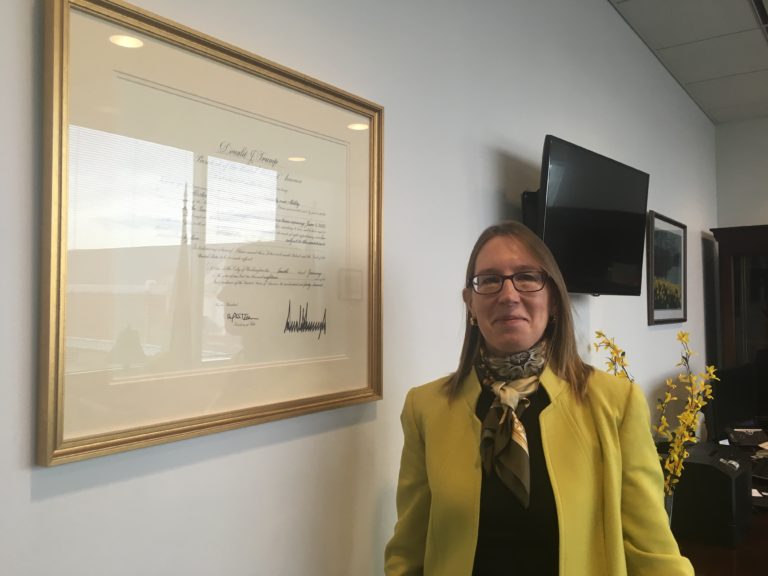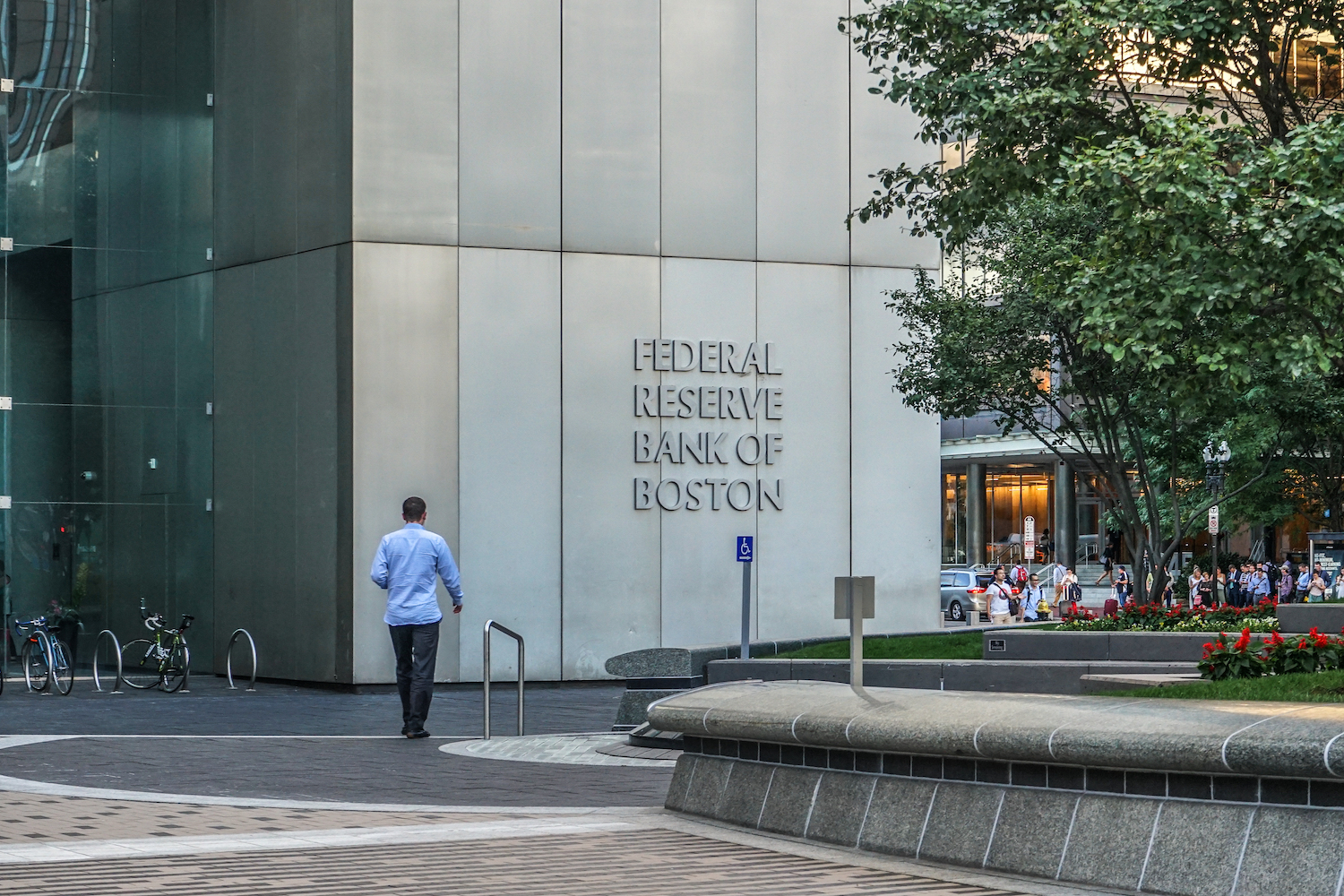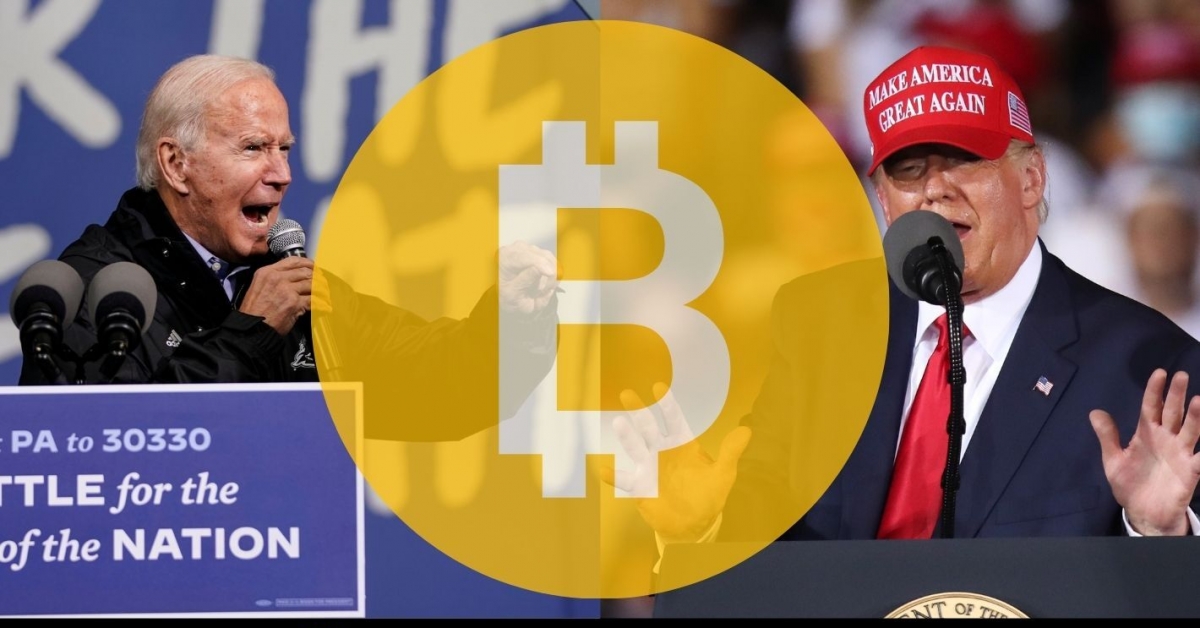FATF Says US ‘Largely Compliant’ With Virtual Currency Recommendations
The U.S. retains “minor deficiencies” in its policing of the virtual asset space. (Credit: Shutterstock)
FATF Says US ‘Largely Compliant’ With Virtual Currency Recommendations
The Financial Action Task Force (FATF) has rated the U.S. “largely compliant” with its revised criteria for preventing money laundering and terrorist financing (AML/CTF) through digital assets.
The intergovernmental standards group published its assessment of the U.S.’s compliance with its banking rules, evaluating laws and regulations around digital assets and other areas on Tuesday.
That’s not to say the U.S. is completely in line with the current “New Technologies” standards, known by FATF as “Recommendation 15,” though. The most powerful member of FATF’s global financial crimes network retains “minor deficiencies.”
For example, U.S.-registered money services businesses need only keep detailed records for transactions of $3,000 or more. That’s three times higher than FATF’s required due diligence trigger, and could, in the watchdog’s view, let bad actors slip through.
“This higher threshold is not clearly supported by low ML/TF risks,” FATF wrote.
U.S regulators also lag in their investigation of convertible virtual currency (CVC) businesses, according to FATF. Their strategy “does not specifically identify higher risk virtual asset service providers (VASP),” making their “various” examinations of high-volume exchanges and peer-to-peer networks insufficient.
“Therefore, it is not entirely clear whether the current approach is sufficiently risk focused, especially since only 30% of all registered CVC providers have been inspected since 2014,” FATF wrote.
Legislative gaps could also allow extremely niche VASP activity to evade detection and enforcement. A U.S.-registered VASP that only did businesses with non-U.S. persons would not, apparently, be subject to current law.
FATF nevertheless praised U.S. regulators’ recent efforts in the virtual asset space, especially the Financial Crimes Enforcement Network’s May 2019 guidance paper for CVC activity.
FATF found that the U.S. remains “largely compliant” with Recommendation 15.
Disclosure Read More
The leader in blockchain news, CoinDesk is a media outlet that strives for the highest journalistic standards and abides by a strict set of editorial policies. CoinDesk is an independent operating subsidiary of Digital Currency Group, which invests in cryptocurrencies and blockchain startups.









